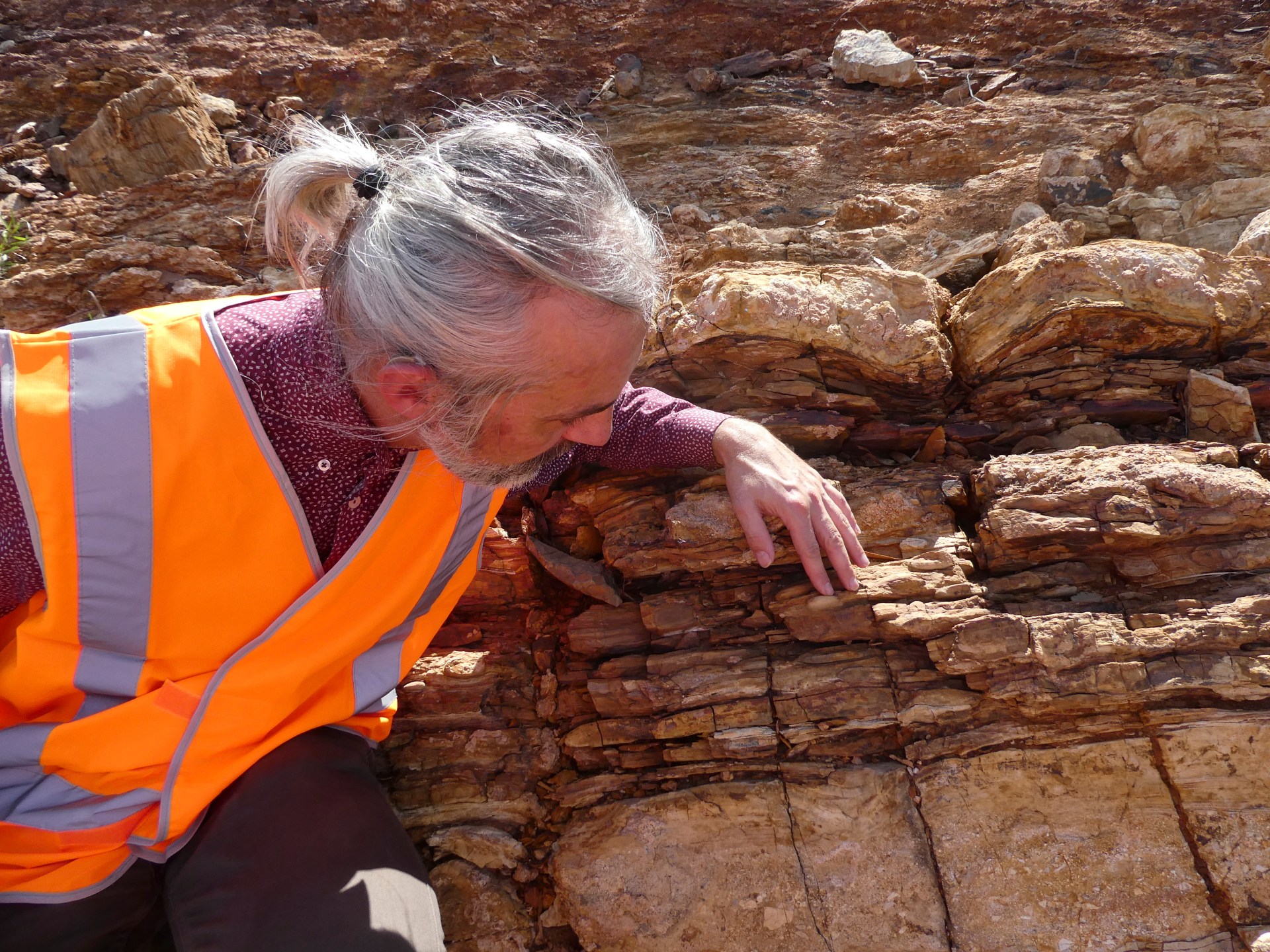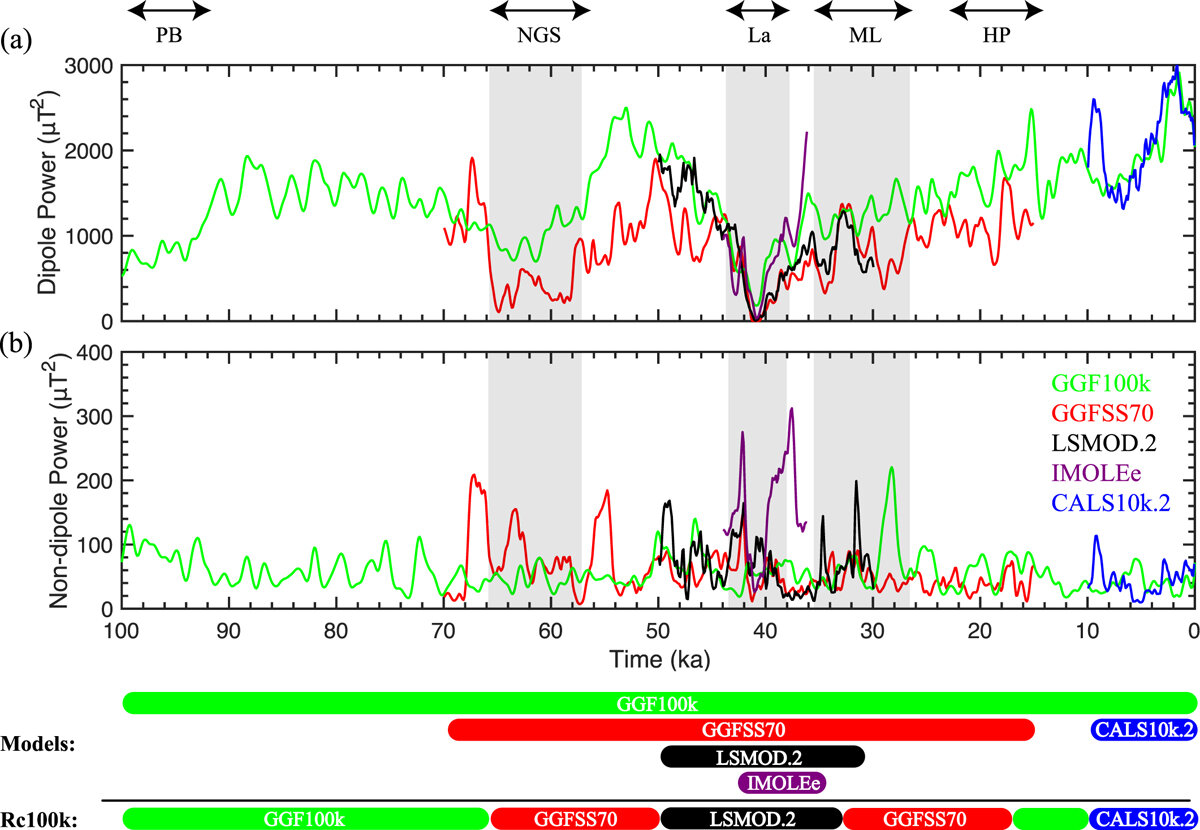¿Por qué la enfermedad de Alzheimer es más común en las mujeres? Un nuevo descubrimiento lleva a los científicos un paso más cerca de una respuesta


El gen recién descubierto, llamado GMT, aumenta el riesgo de una mujer de desarrollar la enfermedad de Alzheimer.
Descubrimiento de un nuevo gen para la enfermedad de Alzheimer femenina.
Más de 5.8 millones de personas en los Estados Unidos están afectadas por[{» attribute=»»>Alzheimer’s disease (AD), the most prevalent form of dementia. AD is a progressive neurological condition. Scientists have identified a few gene variants that raise the risk of Alzheimer’s; the APOE 4 allele is the most well-known of them for those over the age of 65.
Approximately 60% of patients with Alzheimer’s who are of European ancestry carry this genetic variant, compared to only 26% of the general population, suggesting that additional genes might contribute to the genetic basis of the condition.
Researchers from the Boston University School of Medicine (BUSM) and the University of Chicago have found a new gene called MGMT that raises the risk of Alzheimer’s in women. The findings of this study were recently published in Alzheimer’s Disease & Dementia: The Journal of the Alzheimer’s Association.
Using several techniques, the researchers carried out a genome-wide association study (GWAS) for Alzheimer’s in two separate datasets. One method concentrated on dementia in a large extended family of Hutterites, a founding group of central European origin who arrived in the country’s mid-west.
Due to their secluded, insular society, Hutterites have a very tiny gene pool, making them a prime candidate for research into the genetic causes of disease. The Alzheimer’s patients in this research were all female. The second approach examined genetic data from a nationwide sample of 10,340 women who lacked APOE4. It was based on research showing a connection between Alzheimer’s and breast cancer. MGMT was strongly linked to the onset of AD in both datasets.
“This is one of a few and perhaps the strongest associations of a genetic risk factor for Alzheimer’s that is specific to women,” said Lindsay Farrer, Ph.D., chief of biomedical genetics at BUSM and a senior author of the study. “This finding is particularly robust because it was discovered independently in two distinct populations using different approaches. While the finding in the large dataset was most pronounced in women who don’t have APOE ε4, the Hutterite sample was too small to evaluate this pattern with any certainty.”
The researchers then further evaluated MGMT using multiple types of molecular data and other AD-related traits derived from human brain tissue. After thorough analysis, they found that epigenetically regulated gene expression (i.e., one of the ways cells control gene activity without changing the DNA sequence) of MGMT, which has a role in repairing DNA damage, is significantly associated with the development of the hallmark AD proteins, amyloid-β, and tau, especially in women.
“This study highlighted the value of founder populations for genetic mapping studies of diseases like Alzheimer’s,” said Carole Ober, Ph.D., Chair of Human Genetics at UChicago and a senior author of the study. “The relatively uniform environment and reduced genetic variation in Hutterites increases our power to find associations in smaller sample sizes than required for studies in the general population. The validation of our findings in the larger dataset used by the Boston University group was enormously gratifying and ultimately led to supportive epigenetic mechanisms that connected both sets of GWAS results to the MGMT gene.”
According to the researchers, this study demonstrates the importance of searching for genetic risk factors for AD that may be specific to one gender. Further studies are needed to understand why MGMT influences AD risk greater in women than men.
Reference: “Genome-wide association and multi-omics studies identify MGMT as a novel risk gene for Alzheimer’s disease among women” by Jaeyoon Chung, Anjali Das, Xinyu Sun, Débora R. Sobreira, Yuk Yee Leung, Catherine Igartua, Sahar Mozaffari, Yi-Fan Chou, Sam Thiagalingam, Jesse Mez, Xiaoling Zhang, Gyungah R. Jun, Thor D. Stein, Brian W. Kunkle, Eden R. Martin, Margaret A. Pericak-Vance, Richard Mayeux, Jonathan L. Haines, Gerard D. Schellenberg, Marcelo A. Nobrega, Kathryn L. Lunetta, Jayant M. Pinto, Li-San Wang, Carole Ober and Lindsay A. Farrer, 30 June 2022, Alzheimer’s Disease & Dementia: The Journal of the Alzheimer’s Association.
DOI: 10.1002/alz.12719
This study was funded by the National Institutes of Health. The Alzheimer’s Disease Genetics Consortium supported the collection of samples used in this study through the National Institute on Aging (NIA) grants U01 AG032984 and RC2 AG036528.






